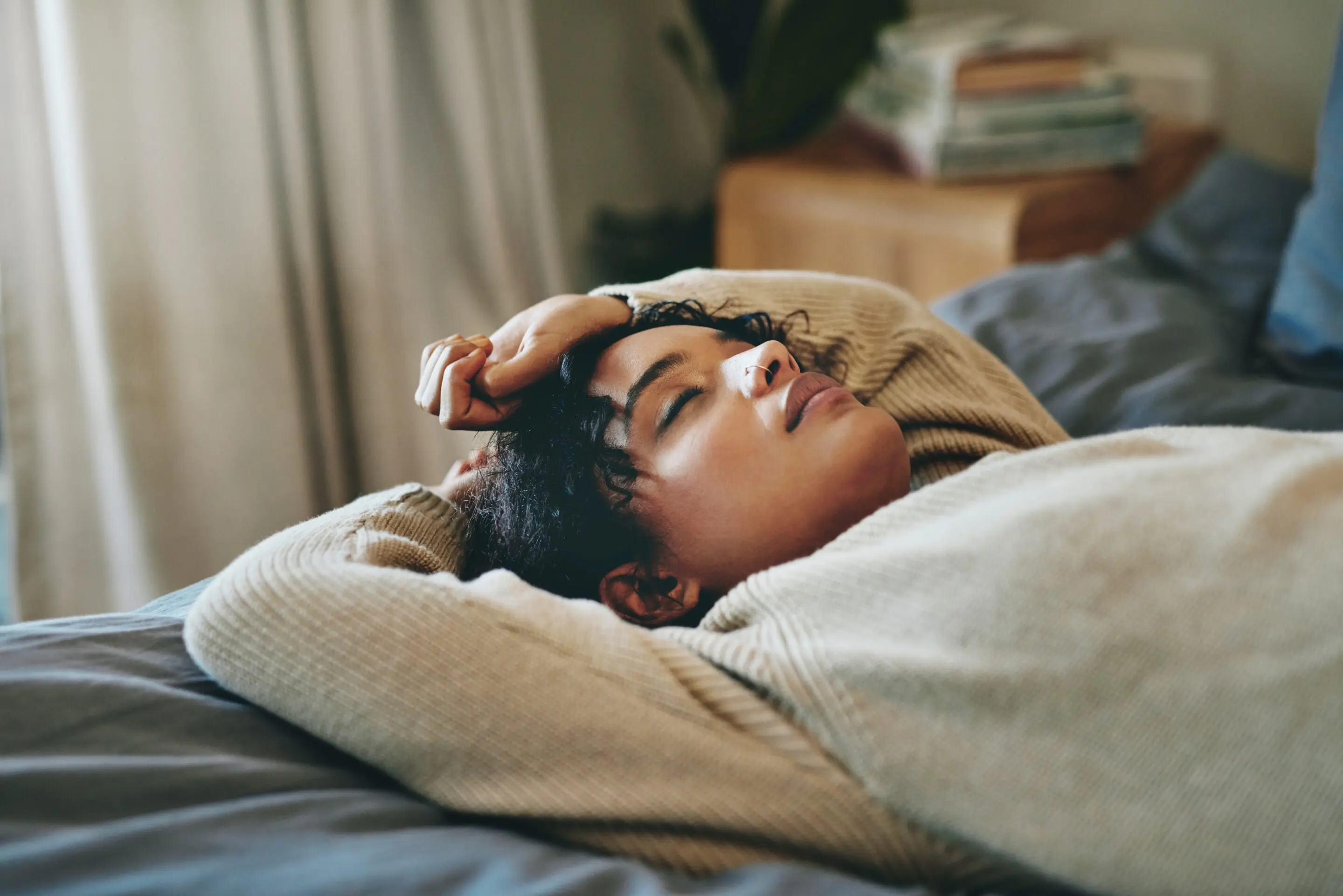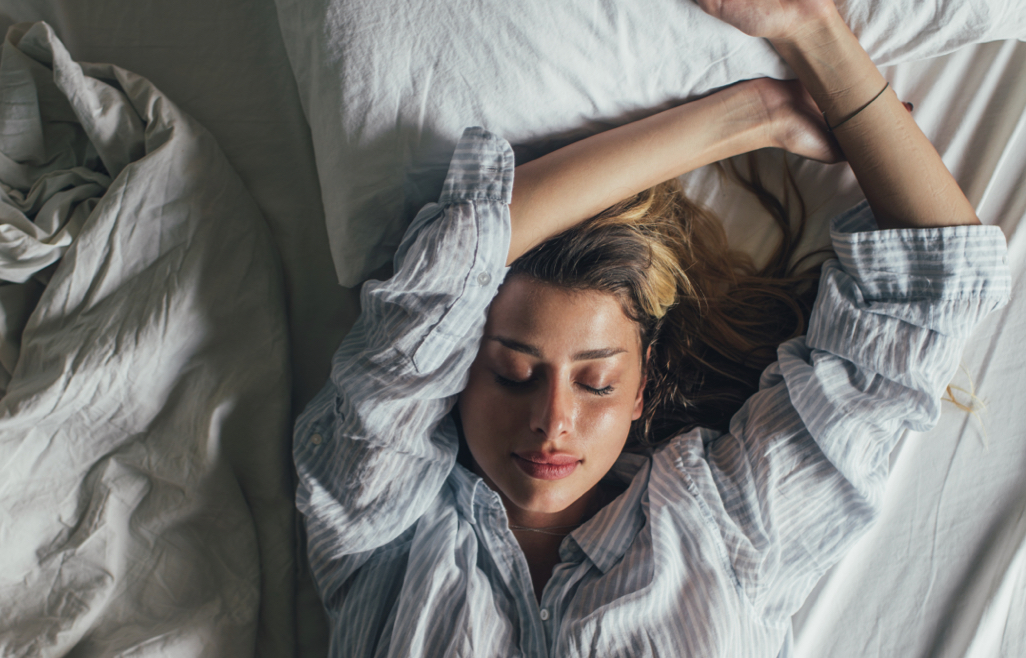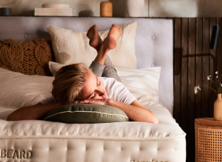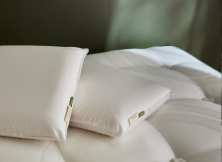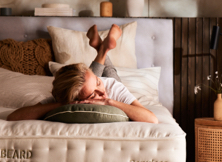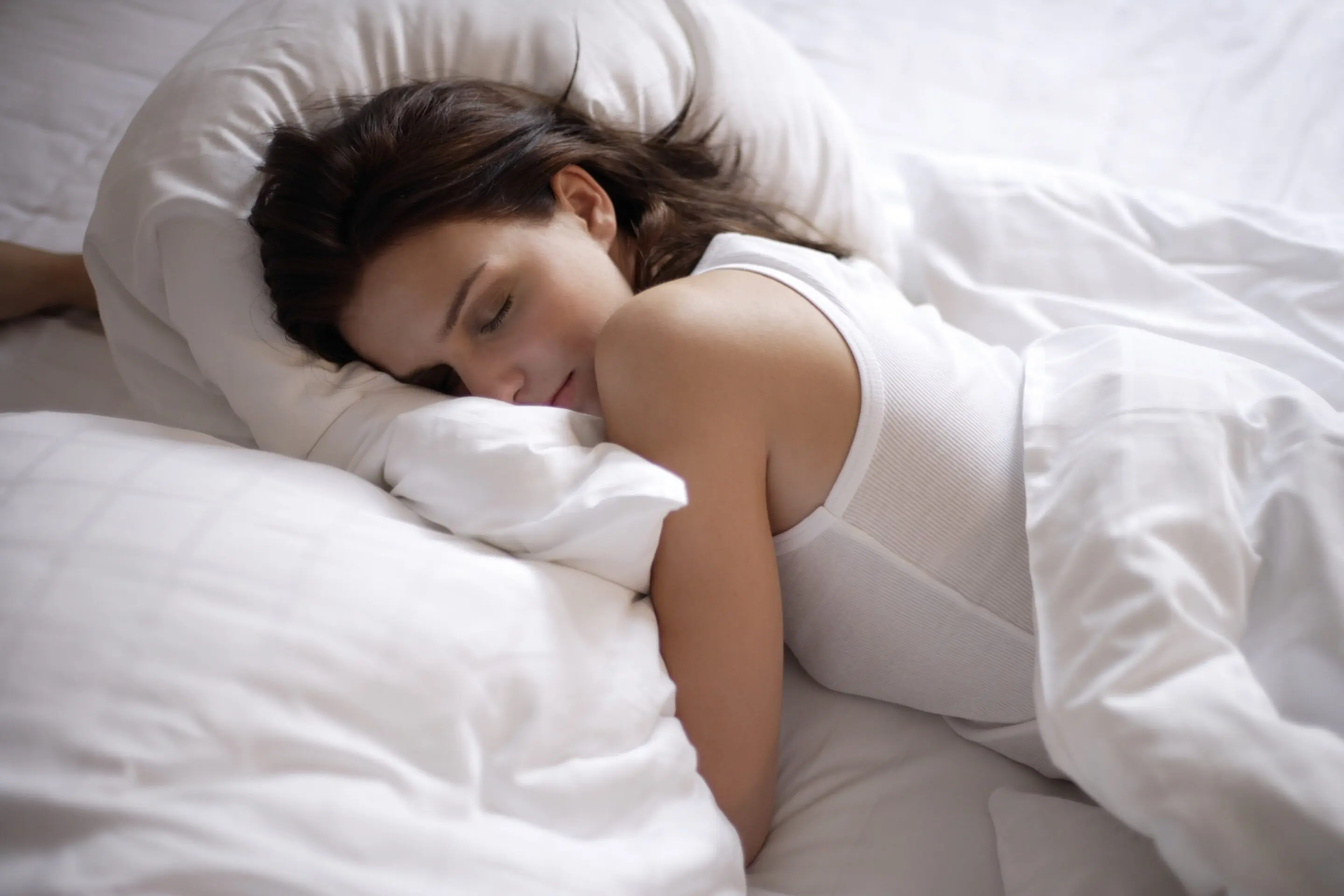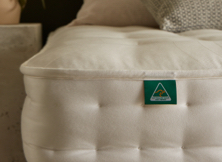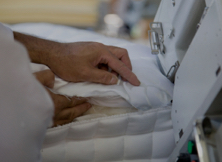How Much Sleep Do I Actually Need?
Most experts recommend seven to nine hours of sleep per night for adults, but our sleep needs vary during the different stages of our lives. Here are a handful of the key life stages and factors that can impact the quality and quantity of our sleep.
Sleep Needs at Different Life Stages
Newborn to Teens

Babies go from an erratic sleep-wake cycle to a more consistent one of sleeping through the night and napping once or twice in the daytime as they move through infancy. Between the ages of one and four, total daily sleep time is about 12 or 14 hours. By six or seven, most children have stopped taking naps entirely and sleep is consolidated during the night. During the teen years, there is a natural shift towards going to bed late and rising late. By early adulthood, most people have figured out their sleep schedule.
Parents

Adults through middle age need at least eight hours. The majority of people become parents during these decades and parenthood is notorious for being a sleep disrupter.
60s and Beyond

The older you get, the lighter your sleep and you generally experience less deep sleep. Aging is also linked to sleeping fewer hours, although studies show you still need as much sleep as when you were younger. The drive to stay awake during the day, however, is lessened, leading to increased napping. In addition, seniors’ sleep may be disturbed by bathroom visits, chronic pain, sleep apnea, and many other conditions.
Other factors affecting sleep needs
Men and women have different sleep tendencies
We’re now beginning to understand more about why gender matters when it comes to sleep. Women’s circadian clocks are set to an earlier hour than men’s, making them more inclined to fall asleep earlier and also to wake earlier. Gender differences in sleep become apparent after the onset of puberty. Menstrual cycles, pregnancy, and menopause, all can potentially alter sleep architecture.

Sleep and Illness
The neurons that control sleep interact closely with the immune system. When we are unwell, as anyone who has had the flu knows, we tend to sleep a lot. This is so our bodies can rest and recuperate and fight off infection.
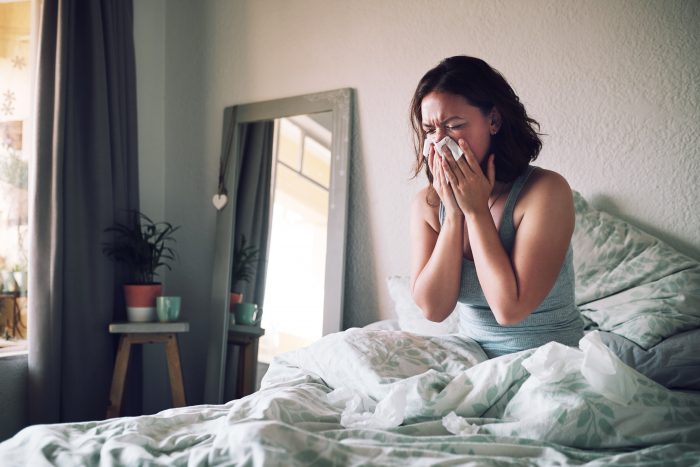
Pain
Physical pain can affect the duration of sleep and overall quality of sleep.
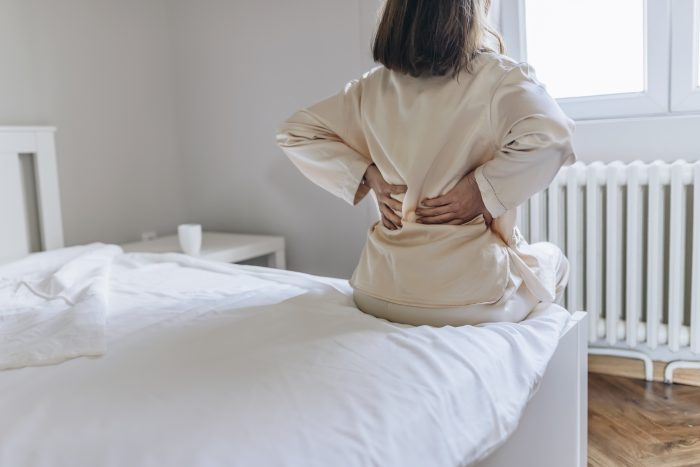
Jetlag
Jetlag is caused by travelling rapidly across a number of time zones so that your body clock cannot catch up. As a result, your body may want to eat, sleep and generally function according to the time at your point of departure. You may feel awake when everyone else is asleep.
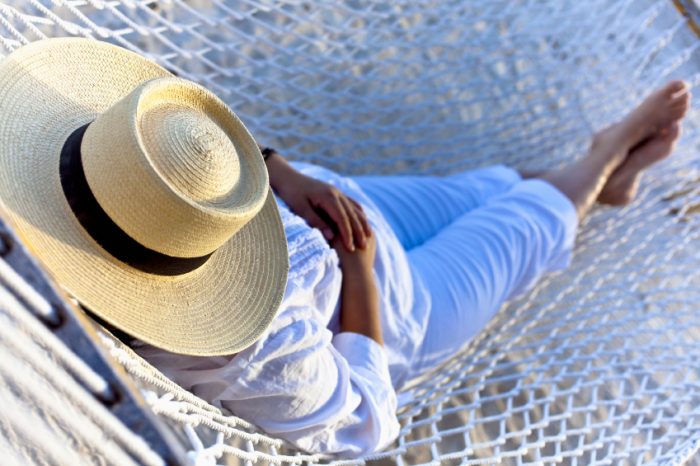
Shift work
Fatigue is caused by changing the hours and timing of sleep and a consequent re-setting of the biological clock.
Hormones
A woman’s menstrual cycle can have an impact on sleep quality due to hormone fluctuations. Just when women think they will be able to settle into a happy sleep pattern, they become menopausal. It is well known among sleep experts that women going through menopause or perimenopause (the period leading up to menopause, which can last for years) are at tremendous risk for sleep disturbances. Hormones are shifting all over the place, leading to sleep-disrupting hot flashes and early-morning awakenings.
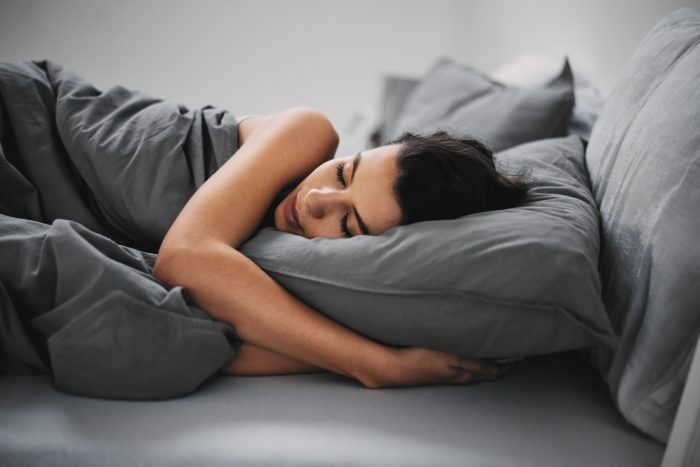
Sleep, as the third pillar of health, is just as important as diet and exercise. Taking the time to understand the factors that can influence the quality and duration of your sleep is just one positive step you can take to make your sleep a priority
